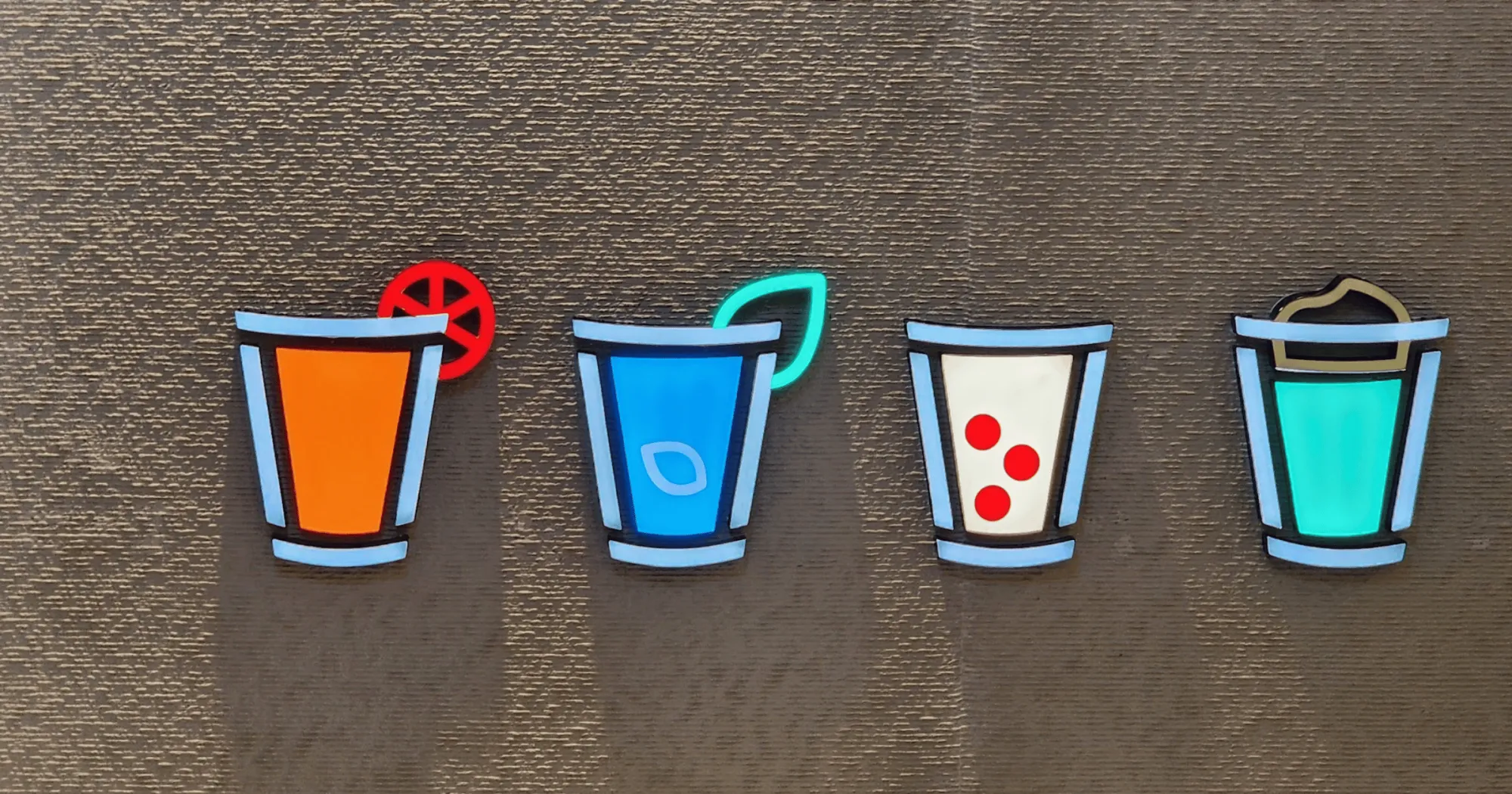What is “Product Concept”? The importance of Product concept and how to do it
“Finishing the product and then thinking about how to sell it” is a common formula that leads to business failure.
Before launching a product, the first thing is not to design the packaging, find a supplier or set up a factory… but:
What problem is this product created to solve? And for whom?

What is a Product Concept?
A Product Concept is not a detailed product description, nor is it a set of technical specifications.
It is a concept that positions a product in the minds of users before the product appears.
Simply put:
A Product Concept is the answer to three vital questions:
- Who is this product for?
- What problems do they have?
- Why should they choose this product over other options?
If you cannot answer these 3 questions clearly, then:
- Even if the product is beautiful and of good quality, you still have no reason for customers to choose.
- The marketing team will “run blind” because they do not know what to say, who to target.
- The manufacturer does not understand what the key features are, and is prone to making mistakes or making extra.
- The salesperson is confused… because they do not know who to sell to, where, and with what message.
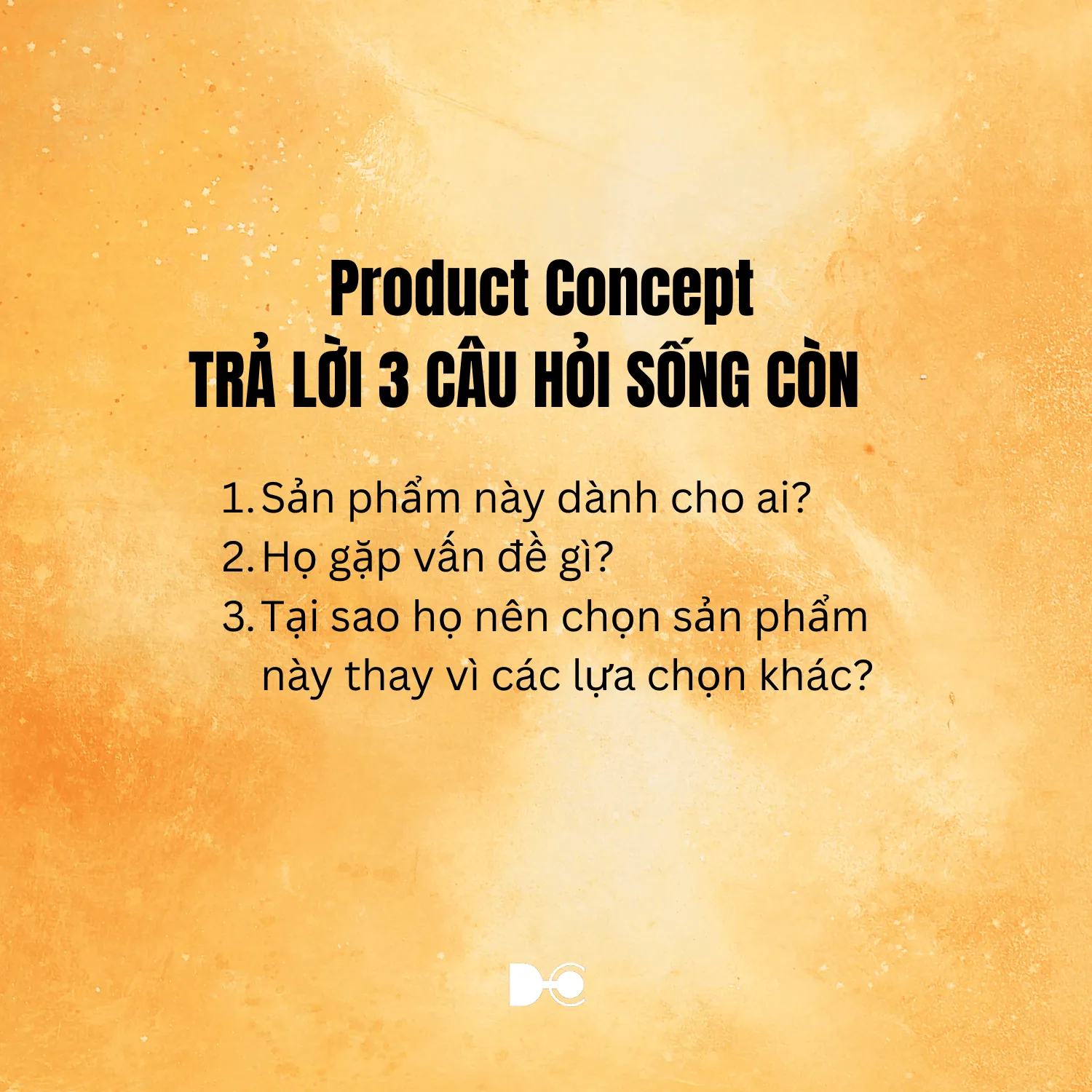
The mistake of many businesses: thinking “have a good product first, then we’ll figure out the rest”
I’ve met at least 50 business owners who think the same thing:
“Let’s make a good product first, then we’ll figure out the market.”
And the result is usually:
- Making a product is very expensive, but customers do not see themselves in it.
- Starting to test the market requires adjusting, editing, burning more money, and wasting more time.
- Spending hundreds of millions to billions of dong just to… relearn the first lesson: “A good product that is not for the right person is still a failed product.”

Product Concept is not “the boss’s inspiration” but needs to be researched and validated
Many businesses in Vietnam launch products in the following way:
- The boss likes this.
- The design team thinks that looks good.
- Or: “We made it because we believe the market needs it.”
No data. No user surveys. No market analysis.
If you don’t clarify the “concept” from the start, you will:
- Unable to prioritize features and functions.
- Unable to clearly position in the eyes of consumers (what is the difference?)
- Unable to define pricing strategy, distribution channels, marketing messages.
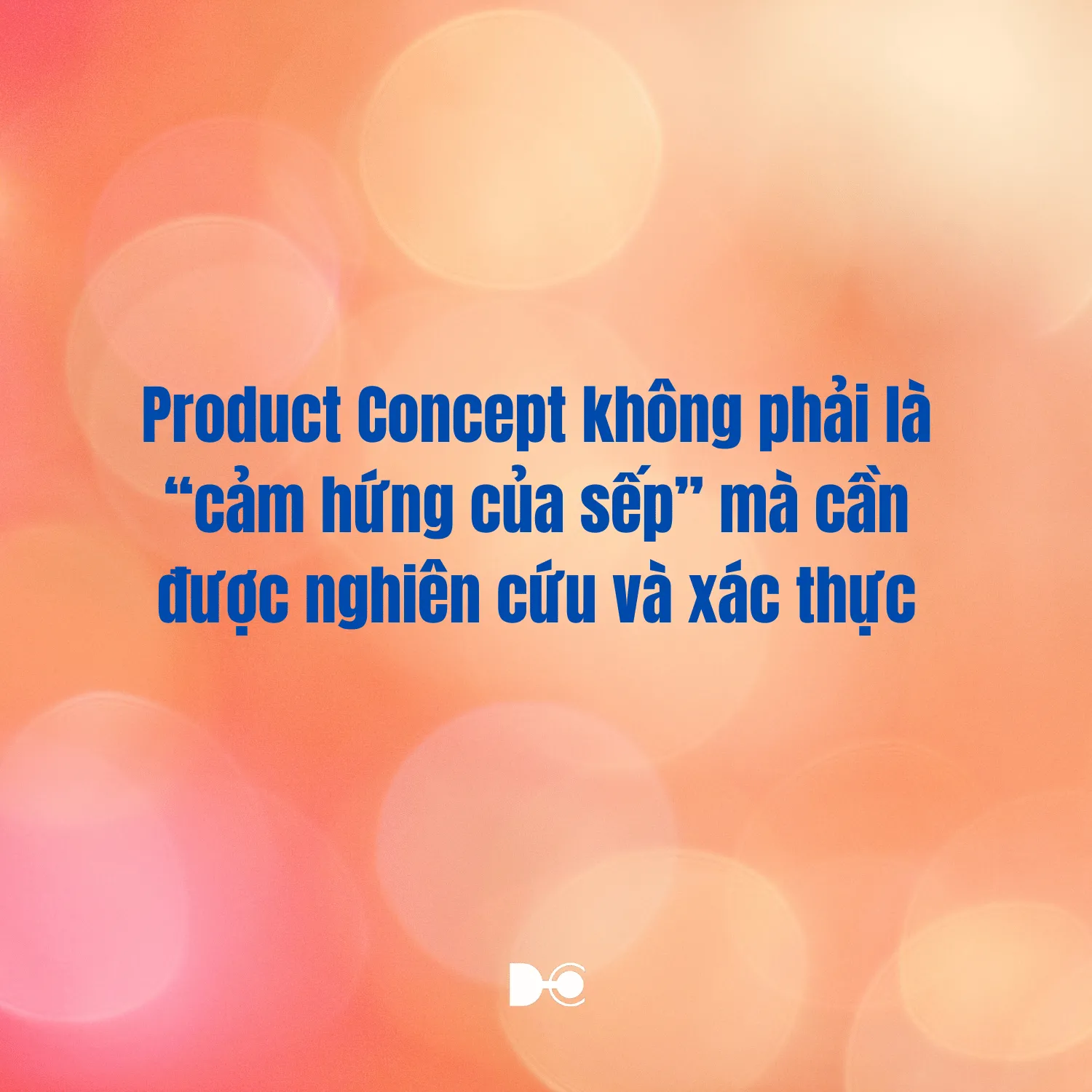
What is a good Product Concept?
b. The problem or need they are facing:
The pain, inconvenience, or lack your product solves.
c. Competitive advantage:
- What does your product have that your competitors don’t?
- If similar, what is different? What value makes them choose you?
d. Usage context:
- When do customers use this product?
- Who influences the purchase decision?
e. Key message:
A short but concise answer to: “Why should I buy?”
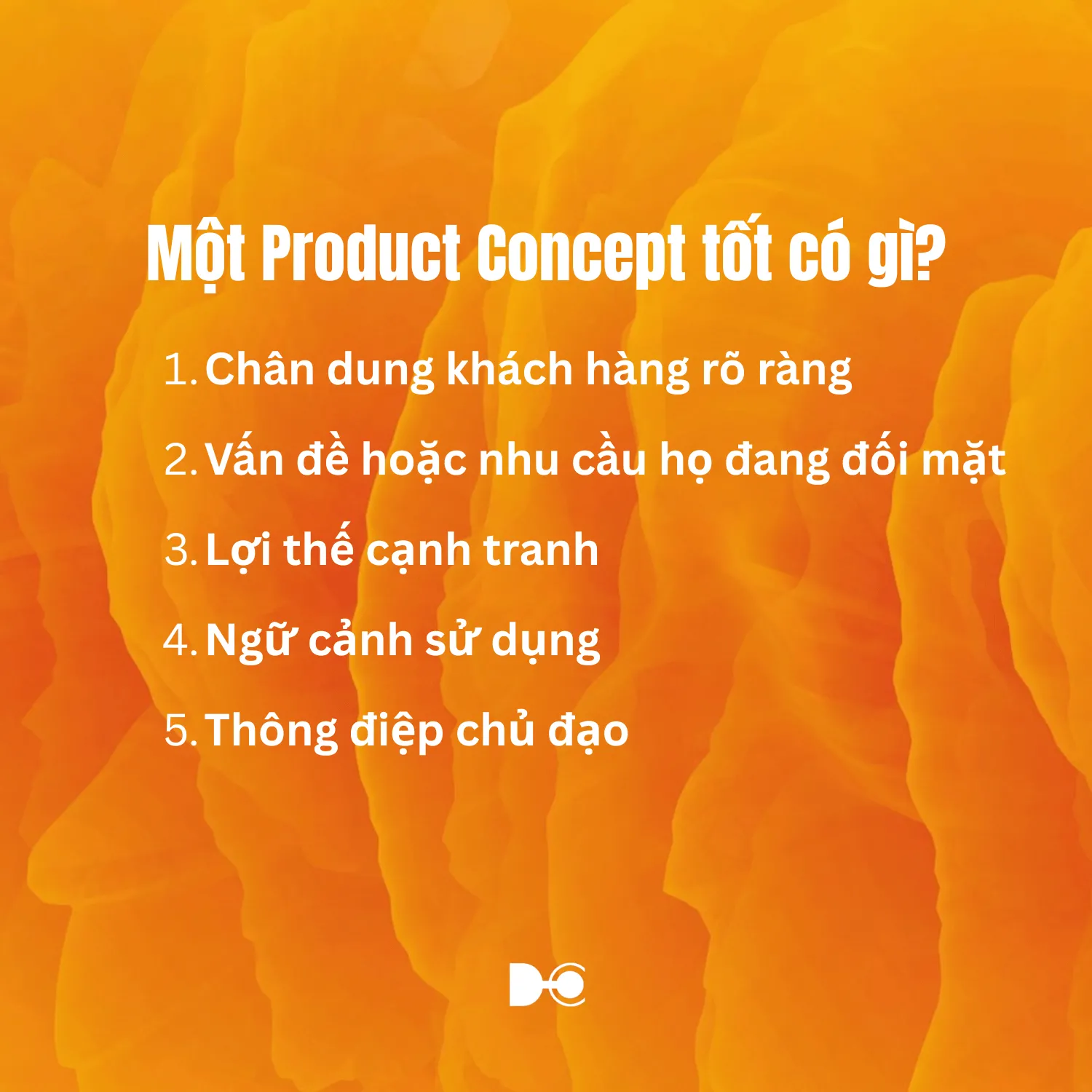
A real-life example: high-end Tet gift baskets – who will buy them?
Many units make beautiful Tet gifts – delicately crafted, meaningful – but they cannot sell them.
Why? Because:
- Not clearly identifying who the buyer is: individual? business giving to partners? person giving to boss?
- Not clearly identifying the point of sale: online or through showroom?
- No main message: customers do not feel that this product is “just for them”.
If you have a Product Concept from the start, you will choose the right design, the right price, the right sales channel – and save both money and trust.
What should business owners do?
Don’t let the production team “guess” who the customer is.
Don’t let the marketing department “create” a message from an undefined product.
And don’t think of the Product Concept as a small task – it is the strategic backbone of all subsequent activities.
Organize a short Product Concept Workshop with the relevant stakeholders::
- Salesperson
- Manufacturer
- Marketer
- P&L
Only when everyone is clear: who are we making this product for – what is it solving – and where are we selling it, will product development be on the right track.
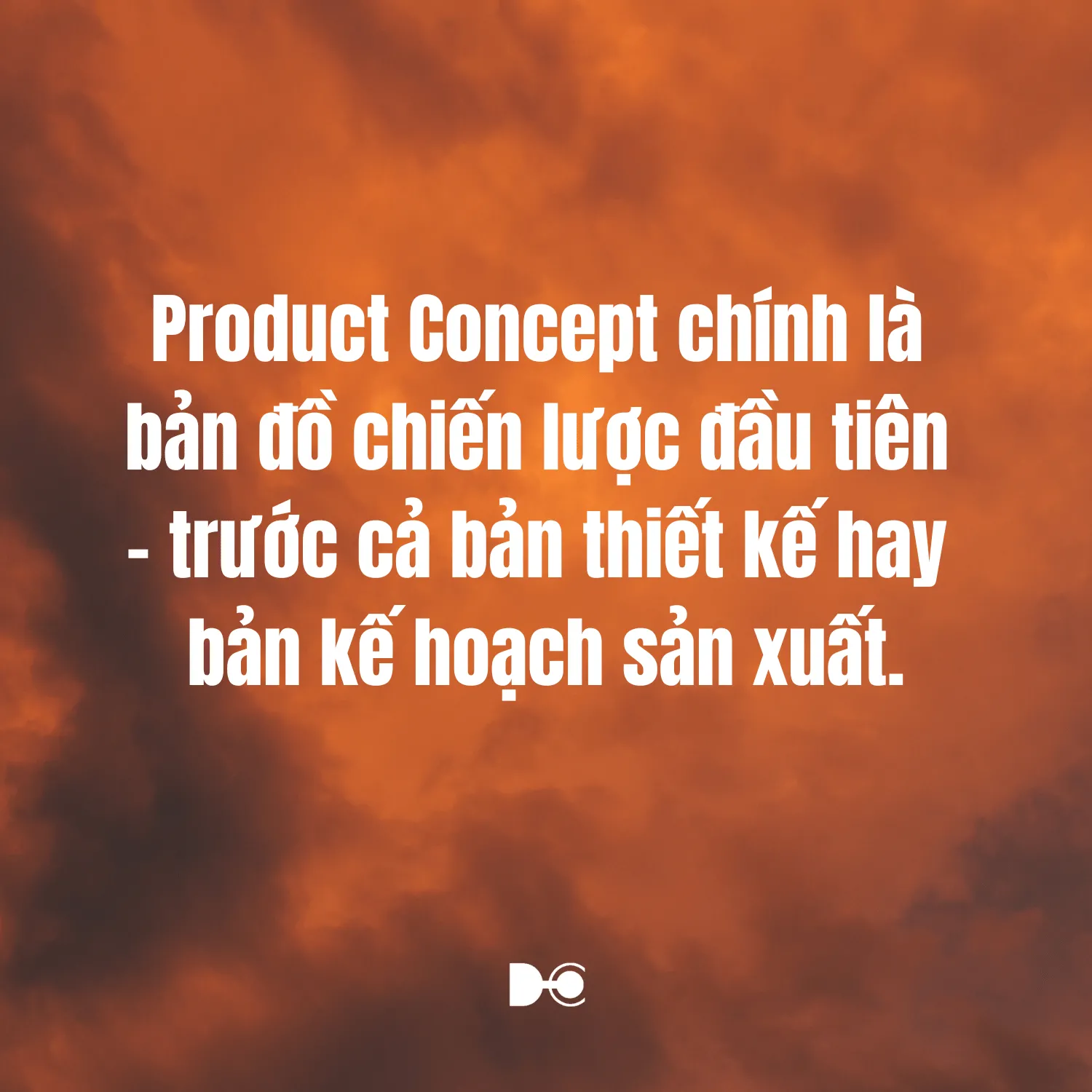
Don’t let your product “become obscure” and die in the marketplace
Products are not bought because they are good – they are bought because they are made right for the right people, and delivered at the right time, in the right way.
The Product Concept is the first strategic map – before the design or the production plan.
If you are a business owner, remember:
Getting your Product Concept right from the start is the cheapest way to avoid eventual failure.







